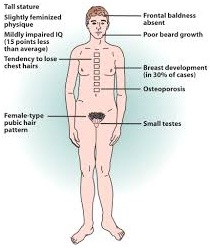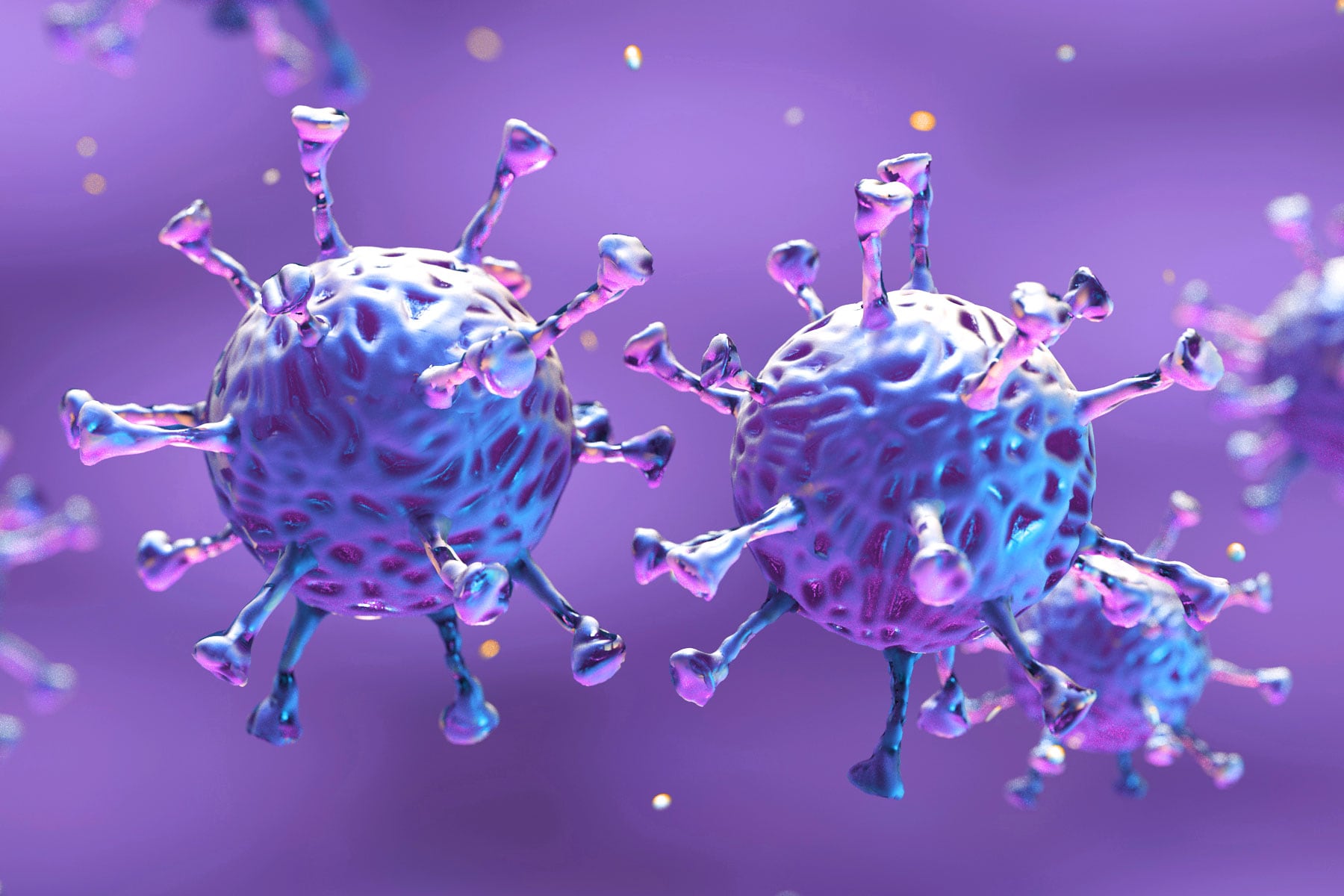Klinefelter Syndrome Causes, Symptoms, Diagnosis and Treatment

What Is Klinefelter Syndrome?
Klinefelter syndrome is a genetic condition characterized by set of symptoms that result from two or more X chromosome in males.
Klinefelter syndrome adversely affects testicular growth, and this can result in smaller than normal testicles. This can lead to lower production of the sex hormone testosterone
Klinefelter syndrome often isn’t diagnosed until adulthood. Most men with Klinefelter syndrome produce little or no sperm.
Causes Of Klinefelter Syndrome:
Klinefelter syndrome occurs as a result of a random error that causes a male to be born with an extra sex chromosome.
- The extra chromosome is retained because of anondisjunction event during paternal or maternal meiosis I (gametogenesis).
- Another mechanism for retaining the extra chromosome is through a nondisjunction event duringmeiosis II in the egg.
- Contrary to popular belief, Klinefelter is not an inherited condition.
An older mother is at a higher risk f giving birth to a baby boy with Klinefelter syndrome.
Symptoms Of Klinefelter Syndrome:
The following signs and symptoms are exhibited:
In babies:
- Weak muscles
- Slow motor development — taking longer than average to sit up, crawl and walk
- Delay in speaking
- Quiet, docile personality
- Problems at birth, such as testicles that haven’t descended into the scrotum
In boys and teenagers:
- Taller than average stature
- Longer legs, shorter torso and broader hips compared with other boys
- Absent, delayed or incomplete puberty
- After puberty, less muscular bodies and less facial and body hair compared with other teens
- Small, firm testicles
- Small penis
- Enlarged breast tissue (gynecomastia)
- Weak bones
- Low energy levels
- Shyness
- Difficulty expressing feelings or socializing
- Problems with reading, writing, spelling or math
- Attention problems
In men:
- Infertility
- Small testicles and penis
- Taller than average stature
- Weak bones
- Decreased facial and body hair
- Enlarged breast tissue
- Decreased sex drive
Diagnosis Of Klinefelter Syndrome:
After conducting a physical examination, the following tests may be done in order to diagnose Klinefelter syndrome:
- Hormonal testing
- Chromosome analysis
Treatment Of Klinefelter Syndrome:
The following treatment options are available:
- Testosterone replacement therapy
- Breast tissue removal
- Speech and physical therapy
- Educational support
- Fertility treatment
- Psychological counseling
By : Natural Health News




